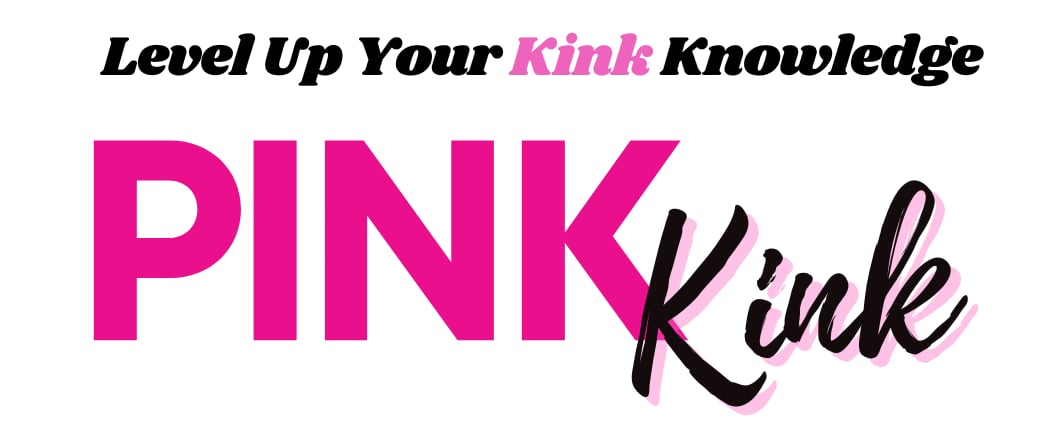I knew something wasn’t right, but I didn’t know how to say it.
We’d been in a CG/L dynamic for a few months, and at first, it felt warm and comforting. He doted on me, reminded me to eat, tucked me in at night—it all seemed like what a good Daddy would do. But little by little, I started feeling like I was being pushed aside in decisions that affected both of us.
When I finally brought up my concerns—about how our dynamic was shifting, and how his other relationships were starting to impact me—I was shut down. He told me I just didn’t understand how polyamory worked. That he knew better. That my job as his Little was to trust him and listen.
I remember the sting of that conversation. Not because we disagreed—but because he used the dynamic as a reason to silence me.
That’s when I started learning the difference between care and control.
What Is Ethical Caregiving in Age Play?
Caregiving in CG/L (Caregiver/Little) dynamics can be comforting, playful, and deeply meaningful. But it’s also emotionally intense—and that means it needs strong communication, clear boundaries, and mutual respect. A CG/L relationship might include routines, rituals, or power exchange that echo parental roles, but all participants are consenting adults.
The real power in these dynamics comes from consent and choice. That’s what makes them safe and fulfilling—not just for Littles, but for Caregivers too.
When Care Stops Being Ethical
There’s no perfect script for CG/L relationships. But there are red flags you shouldn’t ignore—especially when “care” starts to feel more like control.
🚩 Dismissing Concerns Instead of Listening
A Caregiver should never use their role to shut down your voice. If you bring up a boundary, a feeling, or a concern and you’re told “just trust me” or “you don’t understand,” that’s not nurturing—that’s silencing.
Healthy caregiving means making space for honest conversations.
🚩 Withholding Affection or Support as Punishment
Care shouldn’t come with strings attached. If your CG says things like “you only get cuddles if you behave” or refuses to support you when you’re upset because you broke a rule, that’s not discipline—it’s emotional manipulation.
Affection should be unconditional, not a reward system.
🚩 Expanding Control Without Consent
Power exchange is part of many CG/L dynamics, but only by agreement. If your CG starts making decisions for you that weren’t discussed—like controlling your money, social life, or schedule—that’s a violation of consent.
A good CG always checks in before taking on more control.
🚩 Infantilizing You Outside of Scene
Playing in Little Space can be adorable, vulnerable, and healing. But it needs to stay within the agreed structure of your dynamic. If your CG treats you like a child at all times—ordering for you, making choices without asking, or speaking down to you in public—that’s a big red flag.
You’re a grown adult. You deserve to be treated like one outside of scene.
What Ethical Caregiving Actually Looks Like
So what does healthy, ethical caregiving in CG/L look like? Here’s the short list:
- Clear boundaries that are respected at all times
- Consent that is ongoing, enthusiastic, and revocable
- Conversations about changes to the dynamic before they happen
- Encouragement of independence, not forced dependence
- Emotional support given freely, not used as a weapon
- Transparency about other relationships and responsibilities
And maybe most important: the ability to say “this isn’t working for me” and be taken seriously.
Littles Have Power Too
Being in a vulnerable headspace doesn’t mean you lose your voice. You have every right to:
- Say no
- Ask questions
- Request changes
- Leave a dynamic that no longer feels safe or supportive
Being a Little doesn’t mean being passive. You bring value, voice, and choice to your dynamic—and that matters just as much as the care being offered.
Final Thoughts
Caregiving in age play is a beautiful thing when it’s done ethically. It can offer structure, comfort, and a powerful emotional connection. But the moment your voice is ignored, your boundaries are crossed, or your autonomy is stripped away, it stops being care.
Ethical caregiving means showing up with respect, not just rules. With compassion, not control. With love, not manipulation.
So if something feels off, listen to that feeling. You deserve a dynamic where care feels good—not confusing.
Loved this post? Share it with someone who might need to hear it. And don’t miss our full podcast episode all about ethical caregiving in CG/L—because cuddles are great, but consent is everything.
